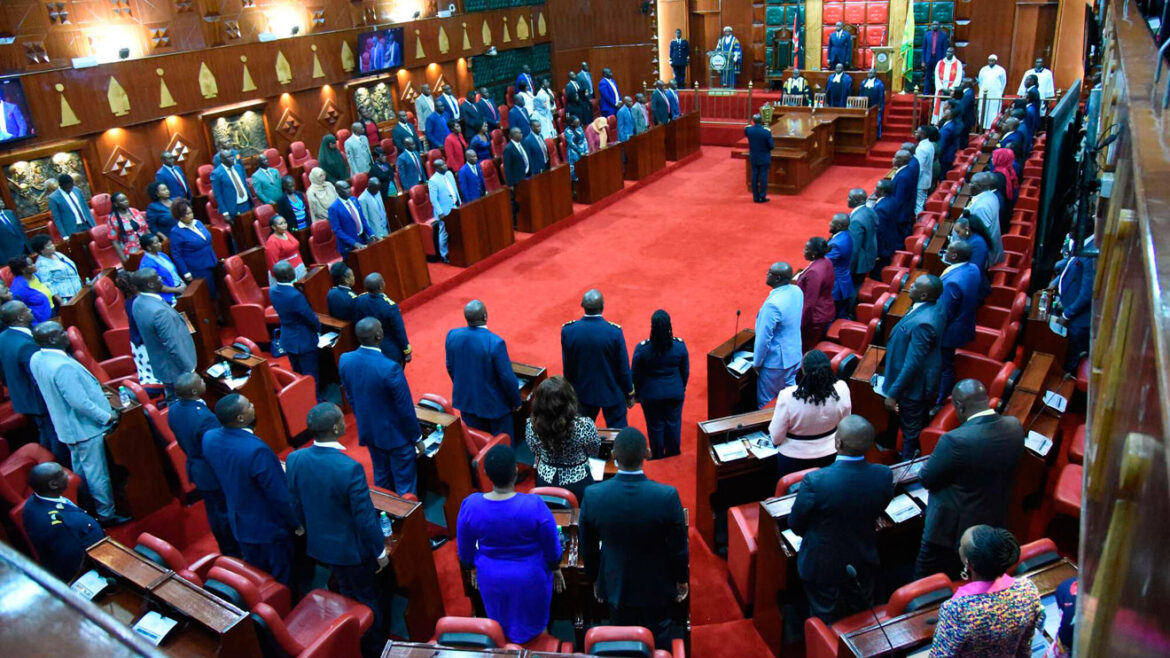Nairobi County is once again attracting attention after new figures revealed it spent Sh630 million on foreign travel, ranking it among the leading counties in this area.
The spending has added to ongoing debates over how counties manage public funds, with many Kenyans questioning why so much money goes to trips abroad while essential services remain underfunded.
The issue reflects a wider trend across devolved governments in Kenya, where travel, both foreign and domestic, has become a significant budget item.
Reports show that in the 2024/2025 financial year, counties collectively spent over Sh16 billion on travel, with domestic trips taking up Sh14.22 billion and foreign trips Sh2.01 billion.
Nairobi’s spending placed it ahead of Machakos at Sh631 million and Turkana at Sh623 million, making it a central focus in discussions about fiscal priorities.
Officials often justify these trips as necessary for training, workshops, or networking.
Popular destinations include Dubai, Singapore, the United Kingdom, and the United States, with some trips tied to seminars on issues like cybersecurity or revenue management.
However, experts argue that many of these sessions could be held locally, reducing costs while still providing valuable skills. This is especially important at a time when economic pressures are high and Kenyans are demanding greater accountability from their leaders.
The debate is not new. In 2023, President William Ruto issued strict instructions to reduce excessive travel, limiting delegation sizes and suspending non-essential benchmarking tours.
Yet, the latest spending figures show that these measures have not been fully effective. By 2024, budget cuts were introduced in response to growing public dissatisfaction, which boiled over in mid-2024 with protests against high taxes and the rising cost of living.
In Nairobi, development spending stood at just 12 percent of the county’s budget, far below the recommended 30 percent threshold, even as travel costs continued to rise.
Critics argue that the billions spent nationwide could have been redirected toward hospitals, schools, or industrial parks that would directly benefit citizens.
Audits from recent years have also exposed questionable practices. The Auditor General previously flagged Nairobi and other counties for irregular travel claims worth billions.
Cases have emerged of officials allegedly faking trips to claim allowances or undertaking expensive foreign visits that raised questions, such as attendance at fashion or technology events with little direct impact on county services.
Similar concerns have been raised in Siaya and Uasin Gishu, where travel and education programs faced scrutiny for mismanagement.
Devolution was intended to bring services closer to the people, but more than a decade later, many counties are still struggling with weak revenue collection, poor debt management, and heavy dependence on national allocations.
Nairobi, in particular, continues to post unusually high travel costs compared to leaner counties such as Makueni, which spent only Sh48 million. Public frustration is mounting, with calls for transparency and stricter oversight.
Governance experts stress that while international exposure can have benefits, the frequency and cost of these trips often seem excessive and unjustified.



